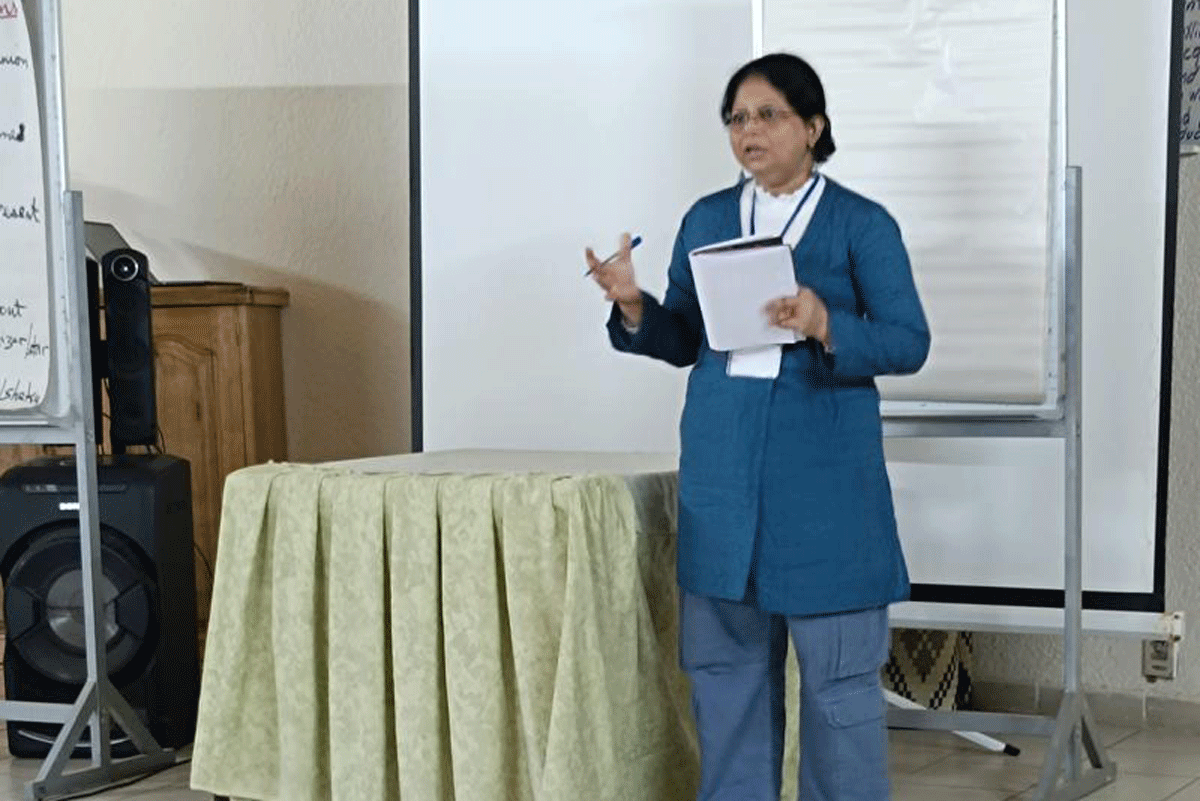
In this blog, Indrani reflects on her key takeaways from the seminar and draws parallels between Tostan’s Community Empowerment Program and the Community Life Competence Process (CLCP) approach used in South Asia’s Addressing Root Causes Initiative.
In August 2024, I had the privilege of attending the Tostan Advanced Seminar aimed at deepening GFC and partners’ understanding of community-led development. Attending this seminar helped me appreciate better the power of community-led approaches, especially when they are tailored to specific cultural contexts. My goal in joining the training was to learn how we could build a similar framework for GFC’s defined community-led approach.

In 2023, we launched a comprehensive regional initiative in South Asia called Addressing Root Causes (ARC), which focuses on preventing exploitation by tackling its root causes. Through ARC, we are partnering with six community-based organizations in Bangladesh, as well as six in India and Nepal. The initiative uses the Community Life Competence Process (CLCP), which is based on the principles of a community-led approach. Partners use the CLCP to engage local communities in identifying challenges and crafting their own solutions. I found lots of similarities in the way the ARC initiative and Tostan empower communities through a model of development grounded in education, dignity, and local leadership.
One of the most valuable takeaways from the 3-week seminar was the importance of understanding and embracing the cultural foundations of the communities we work with. By recognizing the traditions, values, and practices that shape them, we can engage with our communities more effectively. Another key learning was the importance of personal wellbeing, including mental, emotional, and physical factors. Staying grounded and mindful of our balance enhances both personal and professional growth, and is something that I’ve found essential for fostering strong community resilience.
As I reflected on the Tostan CEP and CLCP approaches, I observed that both prioritize a shared set of principles:

Two critical aspects of the Tostan model stood out to me as having potential to integrate into our work in South Asia:
Upon my return to India, I was eager to apply these new insights to our recent India/Nepal Cohort Convening. I recognize how aligning our work with cultural heritage and identity can enrich our initiatives. During the convening, we explored ways to strengthen our programs by incorporating elements that resonate with local traditions and practices, much like Tostan does in Africa.
Indrani was invited to attend the Tostan Advanced Seminar by GFC’s Africa team, as part of the organization’s strategy to foster cross-regional collaboration and learning. You can read the Africa team’s reflections on the experience ici.
